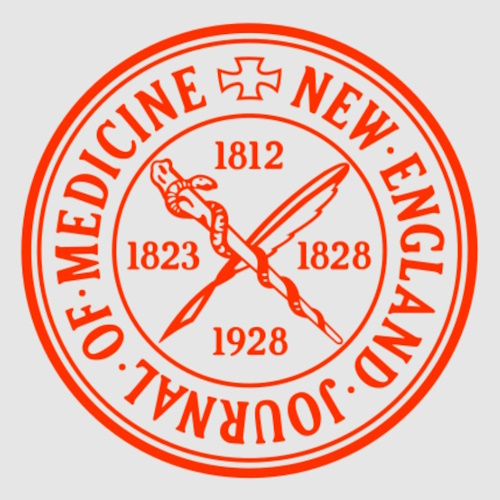Key points from article :
Whole genome sequencing (WGS) could save the NHS millions of pounds.
In 2013, the UK government launched the 100,000 Genomes Project to investigate whether WGS could identify the cause of patients’ symptoms.
Researchers analysed the genomes of 4,660 people from 2,183 families.
A quarter of people with rare illnesses received a diagnosis.
For certain conditions, including intellectual disability, vision and hearing disorders, the diagnostic yield was 40-55%.
Patients received focused care, such as further family screening, provision of vitamin/mineral supplements, or other therapies.
Reassured families that have not passed their condition on to their children, while in others they have inspired life-changing treatments.
“This study makes the case for healthcare systems worldwide to adopt whole genome sequencing as the genetic test of choice for rare disease patients,” - Damian Smedley, Lead researcher.
Study by Queen Mary University of London published in the New England Journal of Medicine.







